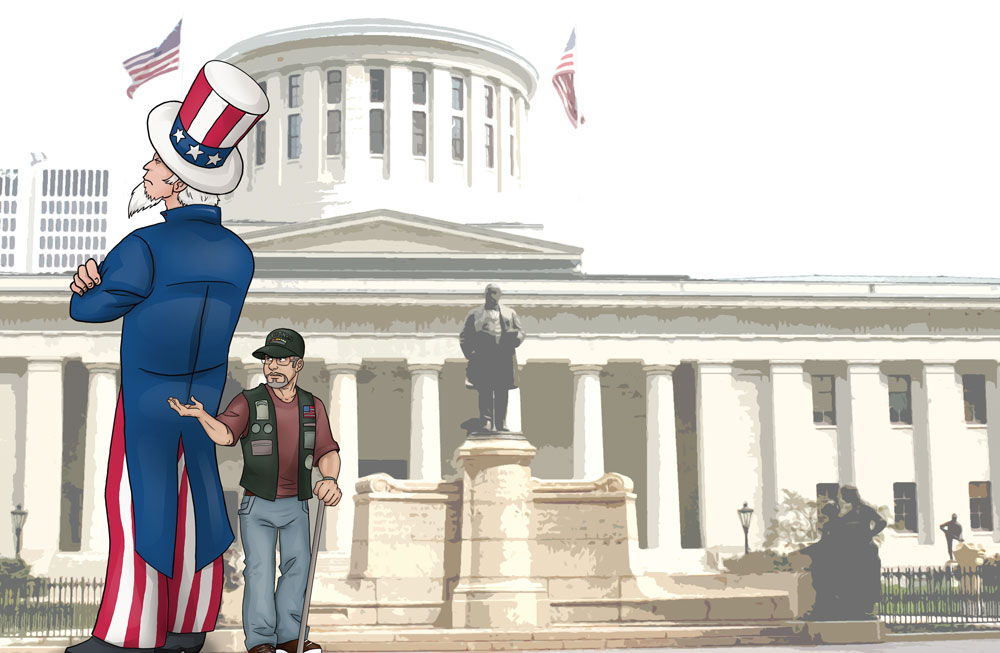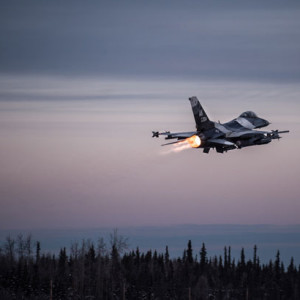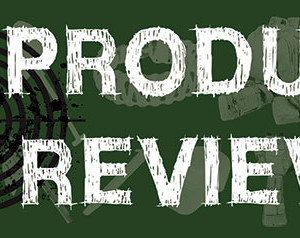
The War At Home
By Rick Friday
I enlisted in the Air Force in 1971, shortly after graduation from high school. I had intelligence but I never put forth any effort towards my studies in high school, and I barely graduated. The Vietnam War was in its final stages but the draft was still going strong, particularly for guys like me who weren’t going to college. I enlisted in the Air Force in November 1971 and commenced a military career spanning 24 years, two wars, and several deployments. But I will never forget my time in the Vietnam War, mainly because of how service members were treated.
 Vietnam was a truly unpopular war. It was the first war that the average American got to see every day through the media. I can still remember the Tet offensive in 1968, glued to the national news broadcast every night to see what was happening. Every morning I went to our school library to read all the papers and articles I could find on the war. And I wasn’t the only one. Households across the country were watching the broadcasts. Moms and wives of servicemen watched, hoping they could get a glimpse of their son to know he was ok. Protestors watched to gather material for their next demonstration. Politicians watched so they could verify their stance on the war. This war was the first one fully covered by the media, and it was the first time the media was uncensored by the military. War is not popular when every night the maimed and bloodied bodies of Americans are being plastered across television screens. The media fed into this by listing, each and every night, the body count for the day, both American and the enemy.
Vietnam was a truly unpopular war. It was the first war that the average American got to see every day through the media. I can still remember the Tet offensive in 1968, glued to the national news broadcast every night to see what was happening. Every morning I went to our school library to read all the papers and articles I could find on the war. And I wasn’t the only one. Households across the country were watching the broadcasts. Moms and wives of servicemen watched, hoping they could get a glimpse of their son to know he was ok. Protestors watched to gather material for their next demonstration. Politicians watched so they could verify their stance on the war. This war was the first one fully covered by the media, and it was the first time the media was uncensored by the military. War is not popular when every night the maimed and bloodied bodies of Americans are being plastered across television screens. The media fed into this by listing, each and every night, the body count for the day, both American and the enemy.
The truly sad part of this unpopularity came when our war veterans returned home. I remember walking through an airport, just as proud as I could be in my uniform. I had only been in for a little over six months and I thought I looked good. My shoes were shined beyond shine and my uniform was pressed with all of the creases in the right place. As I walked by a couple dressed in the attire of the day (bell bottoms, tie dye shirts, long hair) the woman called me a baby killer and the man spit on me. I didn’t get arrested but I will say that man wasn’t able to spit on anyone for a long time, after I split both of his lips. I knew guys that came home from being in-country that experienced far worse homecomings than that. One veteran was attacked by a group of men that tore his uniform off and took everything he was carrying while degrading him for having served his country. There were no parades, welcome home parties at the airport, or adulation for being the American heroes each and every one of them were. Veterans were shamed and ridiculed for doing what they were ordered to do and doing it as well as could be expected.
Unfortunately this behavior was not limited to the civilian population. The very government that sent soldiers to war in the first place did everything to distance themselves from the returning veterans. There are many examples of this treatment, but I will discuss one. To help our troops in combat, the military, in all its wisdom, decided to defoliate the jungle using a mix of chemicals with the code name Agent Orange. They sprayed it from planes, boats, vehicles and hand-held tanks that GIs carried. It was widely used but military records that have been obtained do not show the exact areas it was used. The VA said they couldn’t verify if a service member was actually exposed or not and used this as reason to deny many claims. After coming home veterans began experiencing the symptoms of exposure to this deadly chemical mix. Symptoms included cancer of all types, neuropathy, heart disease and chloracne. In virtually each case, the VA denied that this was related. Not only were veterans denied their claims, but they could not sue the government or the VA.
In 1979, the Agent Orange Victims International sued the six makers of the chemicals used to make Agent Orange. In 1984 a settlement was reached and just over 52,000 veterans and their families received a total of $197 million in payouts, average payout being $38,000. The fund eventually closed down in 1997 due to expenditure of all available funds. As Vietnam veterans continued to age more of them began to experience Agent Orange symptoms, but these veterans were never included in the 1984 settlement. According to the Agent Orange Record, in 2010 the backlog of Agent Orange cases needing attention at the Veterans Administration had been placed at half a million. The kicker is that the companies involved were not required to admit liability. As of 2010, the Supreme Court had declined to find the chemical companies responsible for Agent Orange health problems, in the US or in Vietnam. Even today, our Vietnam veterans are not getting the treatment or services they deserve for their service. It is a truly disgraceful situation.



